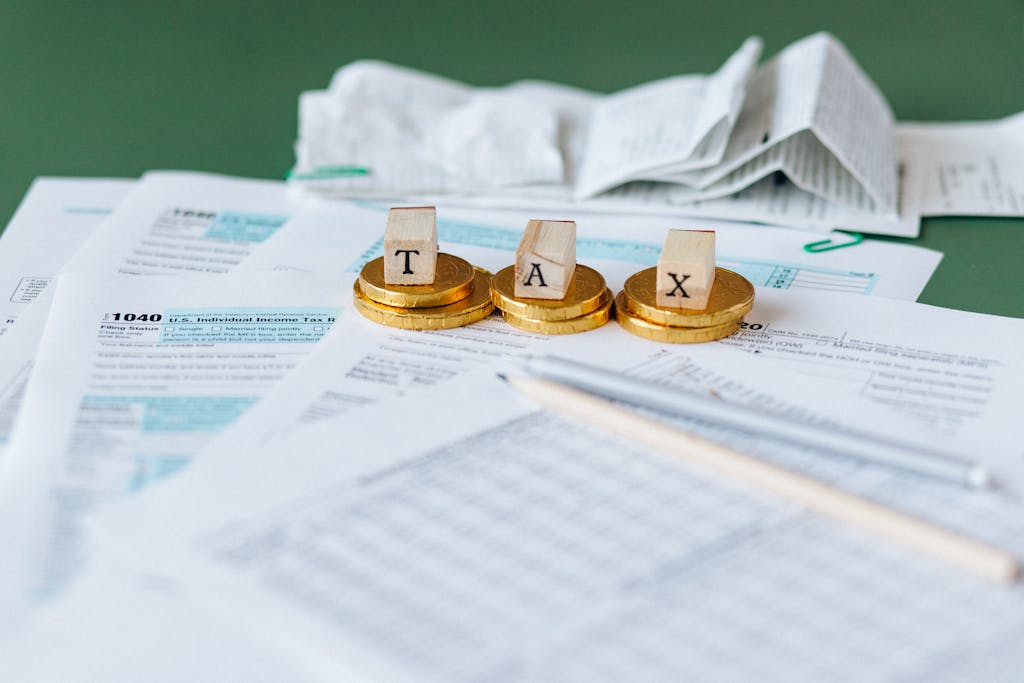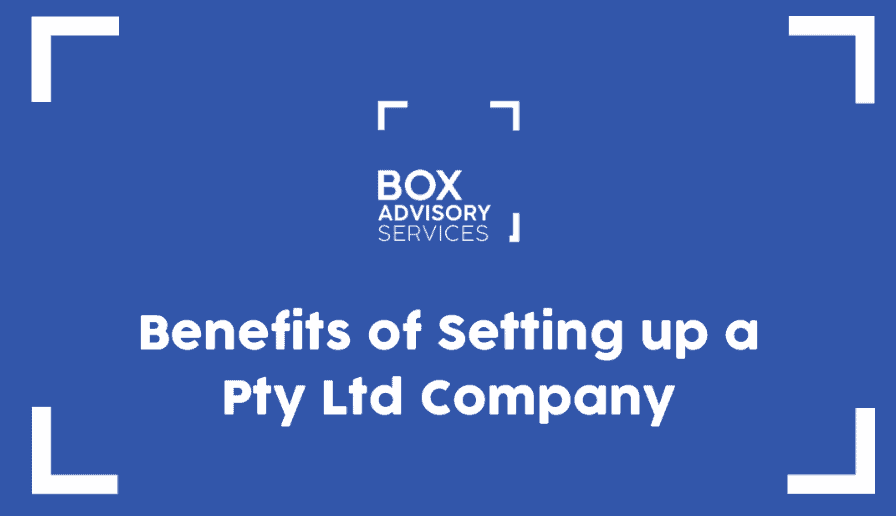
7 Detailed Steps to Successfully Organising ATO Payment Arrangements
Organising ATO payment arrangements can help with dealing with tax debts that can be stressful, especially with those unpaid monthly and quarterly amounts incrementally building very quickly. Many small and medium-sized business owners in Australia have a lot of tax to pay to the tax office and can’t afford it. Fortunately, payment plans with the tax office are available to help you deal with tax liabilities in a way that’s convenient for you.
Use a payment plan calculator
Payment arrangements with the ATO will allow you to pay your tax debts in instalments for as long as two years, which means that you can schedule your payments in a way that’s easy on your current finances. You can use a payment plan estimator to guide you with the best ATO payment arrangement available to you. Your tax refunds or credits, if possible, can be used to reduce your total tax debt. However, they can’t be used as instalment payments, though.
Setup your ATO payment arrangement through phone or online
If your tax debt is less than $100,000 and you are either a sole trader or individual taxpayer, you can quickly and easily set up your ATO payment arrangement through ATO’s online services.
You can also use their 24/7 automated phone services:
- 13 72 26 for businesses, and
- 13 28 65 for individuals
If you need to talk to a customer service agent to discuss your situation, however, you can phone ATO on 13 11 42 during the office’s operating hours. This is also the number to call when your debt is more than $100,000
Prepare to demonstrate the viability of your business, if required
The ATO may need you to show that your business is viable, and they will look into various indicators such as your asset/liability position, gross margin, liquidity, cash flow and availability of funding. The ATO may also require you to provide certain information within an agreed timeframe, including how the debt increased, aged creditors and/or debtors listing, and statement of financial positions for the current and two previous fiscal years.
You might also like our article on 3 Easy Ways Towards Business Tax Minimisation & Pay Less on BAS.
Assess the eligibility of your business for interest-free payment plans
You’ll continue to incur general interest charges while the debt is not yet paid fully.
However, you can arrange for interest-free payment if you’re a small business with an activity statement debt.
There are eligibility requirements, though, such as having an annual turnover of less than $2 million and having a good history of payment and lodgement compliance.
For this payment scheme, you can phone ATO on 13 28 66 during weekdays from 8 am to 6 pm.
Meet your ATO payment arrangement tax payment obligations religiously
Your payment due dates under your ATO payment arrangement will depend on the timeframe that you have agreed upon with the ATO.
While you have a minimum amount to pay for each instalment period, you can also consider making additional voluntary payments to pay off your debt quicker.
You can pay your tax debt using your Australian savings or cheque accounts through your bank’s branch or internet portals. You can also use your credit or debit cards to pay through Government EasyPay for businesses and myGov account for sole traders and individuals.
You can also pay by phone using the Government EasyPay service on 1300 898 089. In any case, make sure to prepare your Payment Reference Number when paying.
Don’t forget to lodge your current returns
Realise that you’re still obligated to submit your business activity statements and tax returns for the current period as well as timely pay the associated liabilities while also paying off your tax debts under the plan. Failing to comply with your regular ATO obligations will make you default on the plan.
Never default on your instalment payment
Defaulting on a debt under these payment arrangements will turn all future payments to be instantly due and payable.
It will also give you a bad record with the ATO, which will make future dealings with the office more difficult. Specifically, the ATO will impose stricter requirements when you arrange for a new payment plan, e.g. higher upfront payment.
But most of all, when you default on payment under the plan, your situation will be referred to the enforcement division, and the tax office will pursue your outstanding debt without further negotiations.
The ATO is generous enough to provide convenient solutions to pay off your tax debts; thus, don’t default on your payments.
But if you can’t pay an instalment, you can contact the ATO on 13 11 42 during operating hours to discuss your situation and the possibility of adjusting your payment plan to suit your current condition.
The ATO can also assist you if you’re having trouble in paying under the plan due to natural disasters or “serious hardship” such as being unable to provide food and home for you or your family.
Tax debts will be more challenging to handle for you and your business in the future if you’re still ignoring it now.
So, arrange for the payment plan with the ATO today before it’s too late.
If you need professional advice on your tax debt or about tax matters in general, contact Box Advisory Services right away. We also offer a complete range of business finance and taxation assistance for small to medium-sized businesses in Australia. To find out how Box Advisory Services can help you, you can book in a free consultation with us or call us to discuss your CGT matter further.
Sign up to our monthly newsletter where we share exclusive small business and contractor advice!
Disclaimer:
Please note that every effort has been made to ensure that information provided in this guide is accurate. You should note, however, that the information is intended as a guide only, providing an overview of general information available to contractors and small businesses. This guide is not intended to be an exhaustive source of information and should not be seen to constitute legal or tax advice. You should, where necessary, seek your own advice for any legal or tax issues raised in your business affairs.



